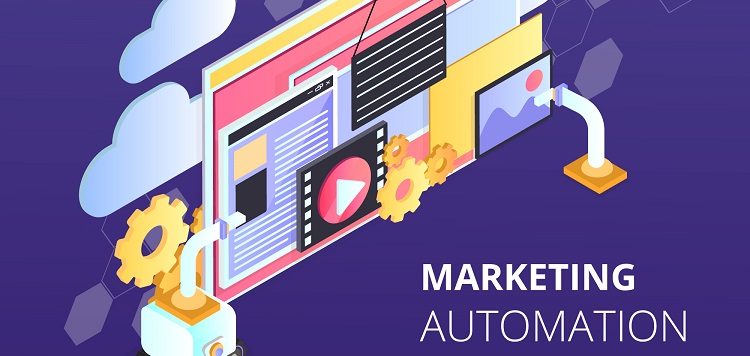Marketing automation is no longer a luxury; it’s a necessity for businesses. In today’s digital age, companies need to have a robust marketing automation system in place to compete in the fast-paced market. However, despite its growing importance, marketing automation has often been seen as a “nice-to-have” rather than a “must-have.” In this article, we will dive into why investing in marketing automation is critical for businesses and how it helps achieve optimal operational efficiency.
The Importance of Marketing Automation for Companies
Marketing automation refers to the use of software tools that automate repetitive marketing tasks, such as email campaigns, social media posts, lead nurturing, and tracking customer behavior. By automating these tasks, marketing teams can focus on high-level strategies and creative marketing campaigns instead of spending hours stuck in mundane, repetitive tasks.
Marketing automation can provide businesses with several benefits, such as increased productivity, better lead management, and improved customer engagement. It can also help companies save time and resources by streamlining their marketing efforts and eliminating manual errors. By investing in marketing automation, companies can maximize their marketing efforts while minimizing costs.
Why Investing in Marketing Automation is Necessary
Walking the Walk of Marketing Automation means investing in dollars and making it central to company resource allocations. Companies need to consider marketing automation a strategic investment, not just an add-on, in order to get the most out of it. By investing in the right marketing automation tools and talent, companies can gain a competitive edge and increase customer engagement.
The risks of tinkering at the edges of marketing automation
Tinkering at the edges is not enough to get the most out of marketing automation. Companies that only go halfway with their marketing automation efforts may not see the benefits they want. Additionally, partial automation can cause more harm than good by creating confusion and inconsistency in marketing campaigns.
The Short-term and Long-term Implications of Being Pennywise and Pound Foolish
When companies cut corners on the budget for marketing automation, they may save money upfront, but it can lead to long-term consequences in terms of productivity and overall results. Being penny-wise and pound-foolish can hinder businesses from achieving their marketing goals and can adversely impact ROI.
The Value of Investing in Marketing Automation Systems and Talent Headcount Management
Investing in marketing automation systems and talent headcount management can help companies achieve their marketing goals faster and more efficiently. By having the right team and tools in place, businesses can increase their operational efficiency and productivity. Additionally, providing employees with the proper tools and resources can significantly boost morale and job satisfaction.
Achieving Optimal Operational Efficiency with the Right Marketing Automation Platform
Selecting the right marketing automation platform can make all the difference in achieving optimal operational efficiency. When choosing a platform, businesses should look for solutions that can integrate with their existing software tools and align with their overall marketing strategy. Additionally, feedback from current users and detailed demos can help businesses make informed decisions.
Avoiding Unhappiness and Burnout with Suboptimal Tools and Teams
Frustration and burnout can quickly set in when marketing teams are stuck using suboptimal tools and working with unsupportive or unqualified colleagues. By providing marketing teams with the right resources and support, businesses can help prevent turnover and burnout, which can negatively affect company culture and productivity.
Achieving Optimal Impact with Quantitative and Qualitative Metrics
Optimal marketing automation systems should provide actionable insights into marketing campaigns via both quantitative and qualitative metrics. With the right data, marketing teams can pinpoint areas that need improvement, identify successful marketing campaigns, and make data-driven decisions.
The Future of Marketing Automation and Advertising Architecture
As artificial intelligence (AI) continues to advance and become more accessible, the integration of these functionalities in modern marketing automation platforms will usher in the era of “Advertising Architects” who are freed up to focus on building businesses in a more impactful way, rather than being bogged down by mundane marketing tasks.
Investing in marketing automation may seem like a significant expense, but the benefits far outweigh the costs. By using the right system and investing in proper talent, businesses can achieve optimal operational efficiency, productivity, and return on investment. Whether it’s for lead generation, customer onboarding, social media management, or anything in between, there is no denying that marketing automation is key to achieving success in today’s digital market.

